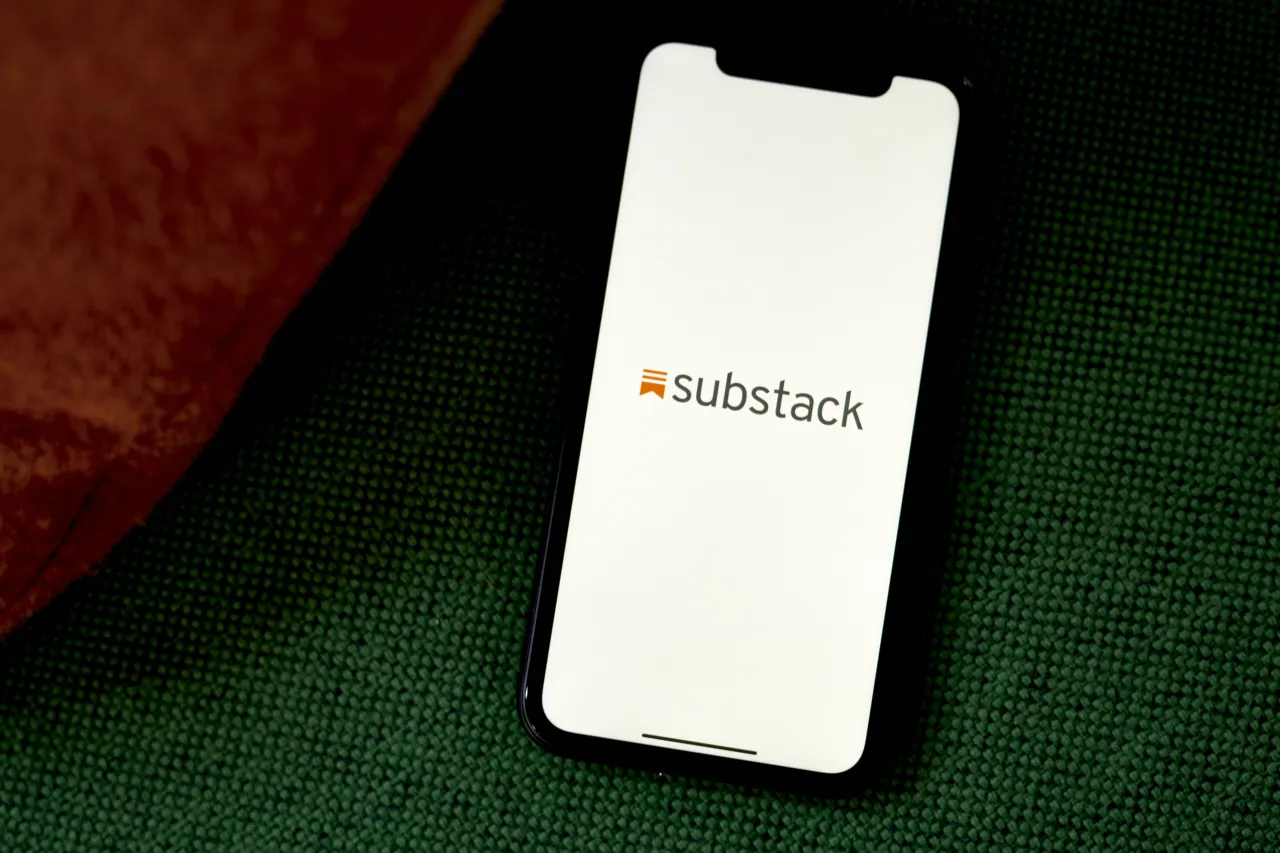Imagine logging onto Facebook or Instagram, knowing the data powering your feed comes from a nuclear reactor.
That’s not science fiction anymore—Meta, the parent company of Facebook, Instagram, and WhatsApp, has made headlines by acquiring a nuclear power plant to fuel its ever-expanding digital empire.
This move isn’t just about energy; it’s about rewriting the rules for how Big Tech operates in a world hungry for both data and sustainability.
Let’s start with the basics: Data centers are energy monsters. Every photo upload, video stream, and AI query requires massive computing power, and that means electricity—lots of it.
Traditionally, tech companies have leaned on renewable sources like solar and wind. But as Meta’s ambitions grow, so does its appetite for reliable, round-the-clock power.
Nuclear energy offers a unique advantage:
- Consistency: Unlike solar or wind, nuclear plants provide steady, 24/7 electricity.
- Low Carbon: Nuclear is one of the cleanest large-scale energy sources, producing minimal greenhouse gases.
- Scale: A single plant can power entire cities—or in this case, Meta’s sprawling data infrastructure.
How does this compare to other tech giants?
Meta isn’t the first tech titan to chase energy independence, but its nuclear bet stands out. Here’s a quick comparison:
| Company | Energy Strategy | Notable Projects |
|---|---|---|
| Meta | Nuclear power acquisition | Direct purchase of nuclear plant |
| 100% renewable (solar, wind, batteries) | Solar farms, wind PPAs | |
| Microsoft | Carbon-negative by 2030, renewables | Underwater data centers, solar |
| Amazon | Largest corporate buyer of renewables | Wind and solar farms globally |
While others focus on renewables, Meta’s nuclear move signals a willingness to explore less-traveled paths for clean, reliable power.

Risks, Rewards, and the Road Ahead
1. Energy Security Meets Innovation: Meta’s acquisition isn’t just about sustainability—it’s about control. By owning a nuclear plant, Meta can guarantee its own power supply, shield itself from grid instability, and potentially reduce costs over time.
2. Regulatory and Public Perception Hurdles: Nuclear power remains controversial. Safety concerns, waste management, and the legacy of past accidents mean Meta will need to invest heavily in transparency and community engagement. The company’s track record on privacy and trust will be tested in a whole new arena.
3. Setting a Precedent for the Industry: If Meta’s gamble pays off, it could spark a trend. Other tech giants may follow suit, investing in nuclear or other unconventional energy sources to keep pace with digital demand and climate commitments.
4. Environmental Impact: While nuclear energy is low-carbon, it’s not without challenges. Waste disposal and the risk of rare but catastrophic failures remain real concerns. Meta’s move could accelerate innovation in nuclear safety and waste management, especially if public scrutiny intensifies.
As someone who’s worked in both the tech and energy sectors, Meta’s nuclear play feels like a turning point. I recall touring a data center in the Midwest—rows of humming servers, each drawing more power than a small town.
The engineers spoke in hushed tones about “the grid” and how even a minor outage could cost millions. The idea of plugging that operation directly into a nuclear plant? It would have sounded wild a decade ago.
Yet here we are. Meta’s boldness is both exhilarating and sobering. It’s a reminder that the digital world isn’t weightless; it’s built on real-world resources and real-world risks.
Final words
Meta’s nuclear acquisition isn’t just a corporate headline—it’s a glimpse into the future of how our digital lives are powered. As the lines between tech and energy blur, expect more surprises, more debate, and—hopefully—more sustainable solutions.






